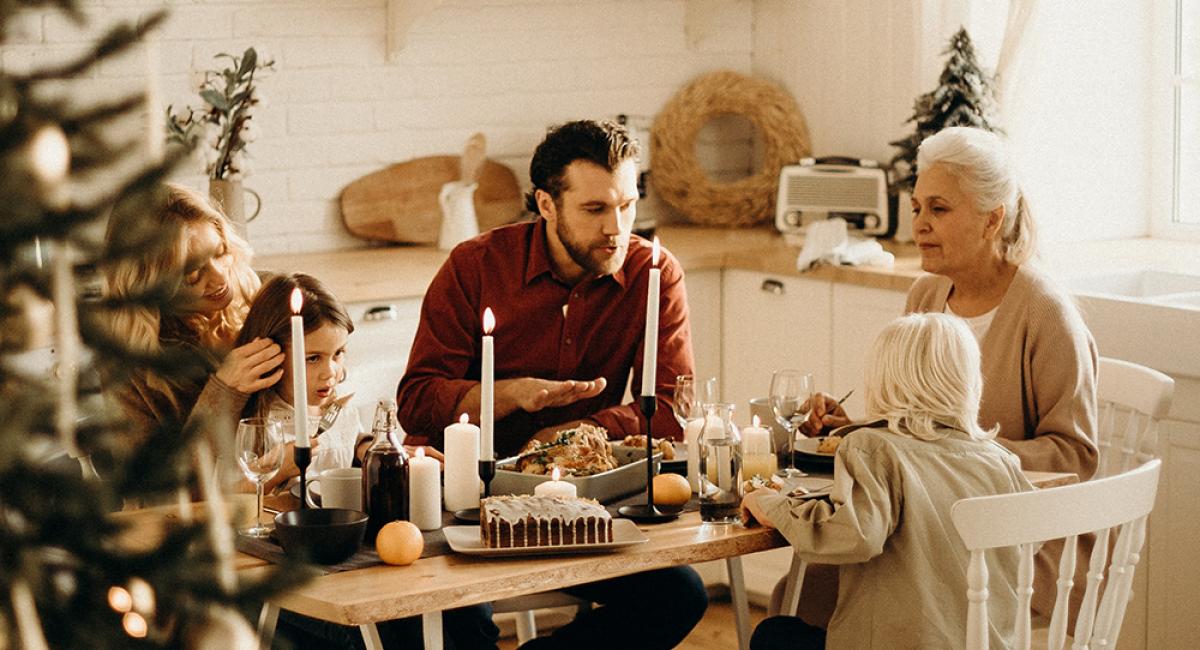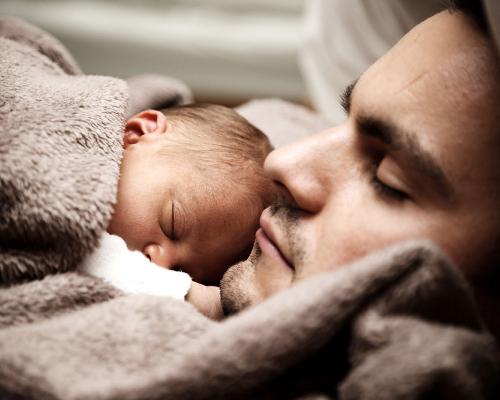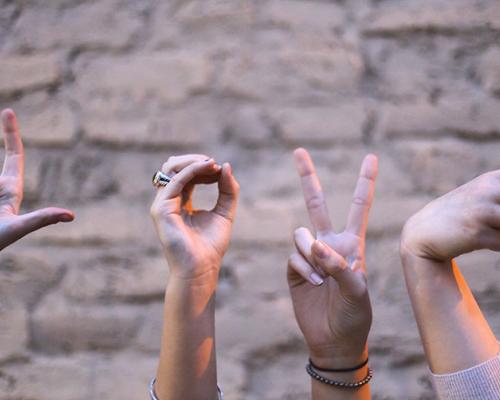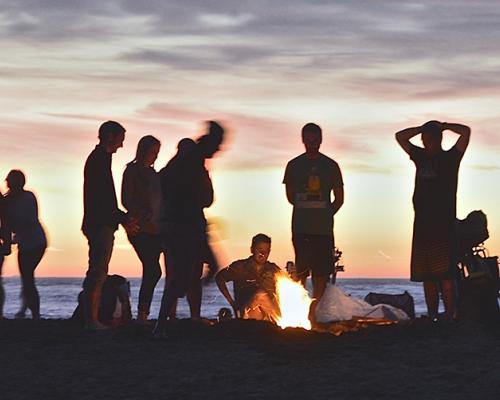Time, please!
Julia Welstead considers what we should really be giving this Christmas... and all year round too
Have you ever eaten when in fact you were thirsty? Or bought a pair of boots when in fact you were in need of attention? I imagine many of you will recognise the first scenario – we often mistake thirst for hunger – but you might baulk at my second suggestion – retail therapy as compensation for loneliness? I’ll hold my hand up to that, and to a third case of misdirected intention: dropping off a token gift for someone, or posting a card, in lieu of spending a bit of time with them.
Our need for human connection and attention exchange is an aspect of our human givens that I have been witnessing, feeling and considering a lot recently.
In my capacity as a nurse, I currently care for a patient in the advanced stages of Parkinson’s Disease. Once lively and gregarious, this woman is now trapped both physically and mentally in an ever diminishing world. Lacking the dexterity to do any of the things she used to enjoy, such as reading, writing, knitting, cooking, or even watching TV, her days are lonely and empty. Despite my best efforts to entertain, I cannot replace the succour of lifelong friendships and love garnered throughout her work life, social life and family life.
Her face lit up with joy as every one of her guests arrived.
In contrast to our normally quiet days, a few weeks ago we were inundated with well-wishers on my patient’s 70th birthday. I marvelled at how her face lit up with joy as every one of her guests arrived, from all walks of her life, in what was to prove a wonderful afternoon of friends giving of their time to reminisce, laugh, hug and sing together. If only we could have birthday parties more than once a year (or once a decade in the case of “big” birthdays). Day to day, very few people feel they have time to give ‘time’ and attention, and more often than not a bunch of flowers or a box of chocolates is delivered in lieu of a visit.
By the end of my two week nursing shift I’m feeling pretty isolated and lonely as well: the difference being that I can walk out the door and seek company with my own kith and kin. And that gives me the essential lift, the human connection, that I know my patient desperately needs but cannot reach out for.
On discussing this with a friend, she described a similar experience when bereaved a few years ago. Flowers and cards arrived aplenty, but rarely did anyone venture across the threshold to hold her hand and share her grief, listen to her anger, wipe away her tears, or even just do something practical like make her a meal. She grew to hate the arrival of yet more flowers, saying that her house resembled a morgue, which only heightened her grief.
Is it really that we don’t have time to pop in on people for a short while? I suspect the real reason is that we fear the proximity of grief, illness, loneliness – as if we might become infected. But people need human connection whatever they are going through, and I think if we can see their plight in terms of essential human needs not being met, if we can get out of our own heads and into theirs (thus employing our observing self), then it’s easy to find the right solutions.
Someone suffering from dementia needs to see a familiar face, even if he cannot put a name to that face, as reassurance that his map of reality hasn’t entirely dissolved. Those trapped in debilitating illness need company, even if they cannot respond verbally. A person going through a bereavement needs connection with others in her life as reassurance that she isn’t entirely alone.
Loneliness and isolation is all around us
And it’s not only the old, the infirm or the bereaved. Think of mums alone with their babies for long periods. Think, perhaps, of young adults newly living away from their families and unsure how to make friends. What about the retired, at a loose end and with long forgotten coping skills to find new social communities? Loneliness and isolation is everywhere, all around us.
There’s good reason behind the idea of “slow lanes” in supermarket checkouts: there are (despite how most of us feel) people with plenty of time on their hands who desperately need some attention exchange. Those who live alone need to hear a human voice, see a human face, much more than they need wrapped gifts.
But to list categories of people (old, ill, unemployed, bereaved) who need attention and connection is to belie the overarching truth that we all – every one of us – need to connect, and to give and receive attention in a balanced exchange.
When we think of exchanging gifts, therefore, let’s consider giving our time and attention – after all, these are by their very nature reciprocal offerings... and free!
© Julia Welstead, 2019
Latest Tweets:
Tweets by humangivensLatest News:
HG practitioner participates in global congress
HG practitioner Felicity Jaffrey, who lives and works in Egypt, received the extraordinary honour of being invited to speak at Egypt’s hugely prestigious Global Congress on Population, Health and Human Development (PHDC24) in Cairo in October.
SCoPEd - latest update
The six SCoPEd partners have published their latest update on the important work currently underway with regards to the SCoPEd framework implementation, governance and impact assessment.
Date posted: 14/02/2024












